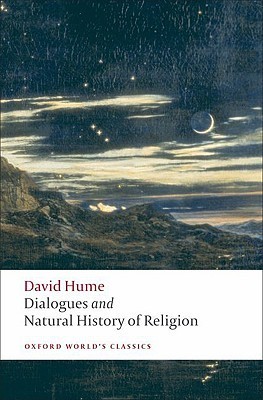
A Treatise of Human Nature
Book Description
What if the very essence of humanity could be unraveled in a single manuscript? In *A Treatise of Human Nature*, David Hume embarks on an audacious journey through the labyrinth of human thought, emotion, and perception. With keen insights and razor-sharp wit, he peels back the layers of our beliefs, questioning morality, knowledge, and the very fabric of reason itself. As Hume challenges the foundations of human understanding, the stakes rise—a battle between skepticism and certainty unfolds. Can we ever truly comprehend ourselves, or are we merely puppets of our passions? The answers may change everything. What will you discover about your own nature?
Quick Book Summary
David Hume’s "A Treatise of Human Nature" is a foundational philosophical work that investigates the nature of human understanding, emotion, and morality. Hume adopts a radical empirical approach, arguing that all ideas originate from sensory experiences, and extensively critiques the reliability of causality, personal identity, and moral judgments. Rejecting rationalism, he proposes that human thought is guided more by habit and passion than by reason. The treatise questions whether we can truly know anything with certainty, suggesting that many of our foundational beliefs are products of psychological associations rather than logical necessity. By unraveling human cognition and sentiment, Hume profoundly impacts how we think about knowledge, ethics, and the self, paving the way for modern skepticism and psychology.
Summary of Key Ideas
Table of Contents
The Origin of Ideas and Human Understanding
Hume begins by scrutinizing the origins of human thought, asserting that all complex ideas have their roots in vivid sensory impressions. Through his empirical lens, he challenges the rationalist notion that reason alone generates knowledge, maintaining that the mind passively receives impressions and actively compounds them into more complex ideas through mental association. Hume distinguishes clearly between impressions (lively sensations) and ideas (fainter images of these sensations), setting the groundwork for his entire philosophy of human nature.
The Problem of Causation and Skepticism
Building on this foundation, Hume tackles the concept of causation, a linchpin of scientific and everyday reasoning. He claims that our belief in cause and effect arises not from reason but from habit: repeated observation of events occurring together leads us to expect their recurrence. Hume thus introduces skepticism, questioning whether we can ever have rational justification for believing that the future will resemble the past, and highlighting the limits of human understanding.
Personal Identity and the Self
Hume addresses the enigma of personal identity, famously asserting that the self is nothing but a "bundle" of perceptions. He denies the existence of a permanent, unchanging soul or self, arguing that what we call identity is a product of psychological continuity and associative memory, rather than an underlying substance. This "bundle theory" destabilizes traditional views of the self and influences future debates in philosophy and psychology.
The Role of Passions in Human Behavior
Turning to human motivation, Hume posits that reason is the slave of the passions. He insists that emotions and desires, not cold rational calculation, actually drive our actions. Moral judgments, in his view, stem from sentiments of approval or disapproval that flow from human nature, rather than from any objective moral laws. This insight lays the groundwork for later emotivist and psychological theories of ethics.
The Nature of Morality and Ethics
Finally, Hume explores the nature of morality and justice. He denies that moral distinctions arise solely from reason or divine command, contending instead that they emerge from human feelings and social conventions. Morality, for Hume, is rooted in the utility, sympathy, and customs that bind society together. Through this analysis, Hume sets the stage for modern approaches to ethics, influencing utilitarianism and shaping the evolution of social science and moral theory.
Download This Summary
Get a free PDF of this summary instantly — no email required.





